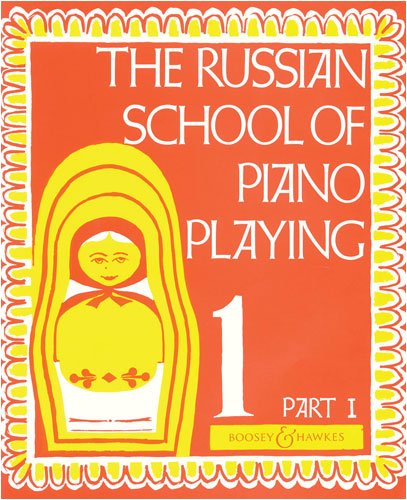In a recent article popular Chinese pianist Lang Lang has been credited for inspiring 40 million Chinese to study the piano and in 2009 featured as one of Time Magazine's Top 100 influential people..
To put that number in context, the population of the UK is approximately 62 million, and Poland is just over 38 million. And with such a talent pool of pianists to choose from, it's no wonder the next issue of International Piano Magazine features "the Chinese are coming" profiling the superstar pianists of today Yundi Li, Yuja Wang.
Piano - the king of all instruments
Furthermore, among musical instruments, the piano is the most popular instrument (Ex UK) according to
the ABRSM, (the Associated Board Royal Schools of Music, the international UK based exam body that sets the exam standards for Grades 1-8 in most musical instruments from the harp, violin, voice, and piano) In 2009, ABRSM received 150,268 entries for piano exams, 92,773 for music theory and this compares with the next popular instrument, the violin with 19,449 exam entries. Harpsichord was the least popular instrument with a mere 2 entries!
 |
| 101 Pianists rehearsing (source: langlang foundation) |
Why is Piano the most popular?
Pianos and their popular digital piano/keyboard counterparts can suit all budgets. It's probably chosen over the second most popular instrument - the violin because you can easily make a sound with the piano with the fingers from day 1. With the violin, the technique is immensely difficult in the initial year to produce a pleasant sound. Pianos can represent and simulate all orchestral sound ranges, textures, and effects: percussive timpanis to legato cellos, and violin pizzicato (through staccato). The repertoire is so wide ranging from jazz, blues, ragtime, pop, classical and composers Michael Nyman, Gershwin, to Beethoven.
Start clocking your 10,000 hours now
In Chinese communities, it is recognised that being good at the piano requires discipline, dedication, hard work and perseverance. In other words, Malcolm Gladwell's 10,000 rule applies - this theory says in order to be an expert and the top of the game in any discipline whether drama, golf, or piano you need to put in about 10,000 hours. This hard work and dedication, the parents believe will translate into other areas of their life, like their academic and later work life. Chinese culture believes this hard work leads to success in later life. In today's society, it's so easy for children to get into a couch potato routine watching TV, playing computer games all day. And with every endeavor, it's not just quantity but quality of practice.
So if you really want to be the best at the piano or anything in life, start practicing now, make it a routine, make it your life!


